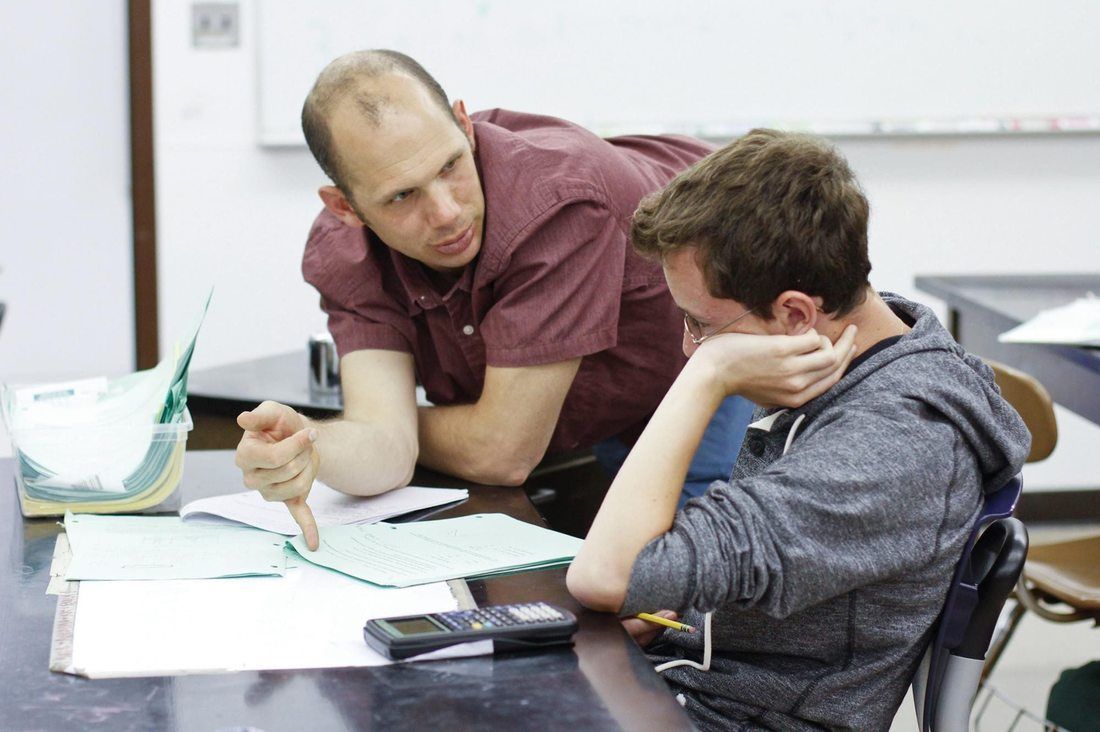|
|
|
I normally only post nerdy ideas regarding chemistry teaching, tech hacks, and a myriad of other random things related to STEM education. However, after reading the recent debates regarding the efficacy and appropriattness of homework online this past week, I feel a need to comment. Before I begin, I'm just going to out myself directly and say I DO assign homework. I assign homework after every class period. I enjoy incorporating homework into my practice and find it meaningful, for my practice. With that said, this post is meant to be a response to the superlative and polarizing conversation I am observing regarding homework. More importantly, the oversimplification of a very nuanced pedagogical strategy. Below are my thoughts regarding the major arguments against homework I have read.
Argument 1: Equity at home.
Argument 2: Use of classroom time.
Argument 3: Students stress.
Argument 4: Student passion. Student play.
Conclusions For me, homework is a complex and controversial aspect of our vocation because of the reasons (and many more) stated above. With that said, I also firmly believe, that well intentioned, growing, and passionate teachers, understand their discipline, environmental context and most importantly, students, well enough to see the homework debate as a spectrum, one that has some good points to make, and one that does not. For me, I am not a fan of anything that uses superlative statement in a career that is so nuanced. Students aren't electrons or plants. Neither are teachers. That's what makes the social sciences so great! We can plan, and research, and grow, but in the end, our relationships with our students will guide the decisions we make. Teaching is an art. I alluded to assessment above, and I think that is one feature of teaching that should be incorporated into all conversations about homework. Keeping that in mind, and the knowledge that I AM JUST ONE TEACHER among millions, I want to share my homework strategy, because this is my blog, where I share ideas :). As a chemistry teacher, I assign a problem set from our book for homework over the course of one learning cycle (usually about two weeks).. Usually about 30 problems. We use our time in class for negotiating lab phenomena, asking and answering conceptual questions. We also use our class time for negotiating and working together on VERY difficult problems. When a two week "learning cycle" is over, students take a quiz. The quiz looks very similar to the problems from the practice set and the phenomena discussed in class. I DO NOT GRADE HOMEWORK. However, the students work through it because it helps them prepare for the assessment. I give traditional assessment because I believe in the skills it builds in students, and for that reason, all of our questions are short answer, and ask students to think critically through situations. This is true for my AP AND non-AP sections. When that is all said and done, students write a blog post where they reflect on the homework problems, those they understand and didn't, the labs in class, and the quiz. Click here to see my students's blogs. In addition to the quiz, this blog is the only other thing I grade. I care about their reflection, not checking off their "reps". This process, I feel, models what we want from our students. We want them to develop a Growth Mindset. We want them to reflect. We want them to publish their work and be strong digital citizens. All of these things can't be reserved forthe 50 minutes that I have them in class. Homework is a simple term, for a complex phenomena, and is just one facet of the vocation. I challenge all of my colleagues to respect the art of teaching, as deep attention to that, will create a culture of meaningful work, some which will naturally seep outside of the regularly scheduled classroom time. That's just MY opinion. Thanks for reading :). |
Categories
All
Archives
March 2024
|

 RSS Feed
RSS Feed